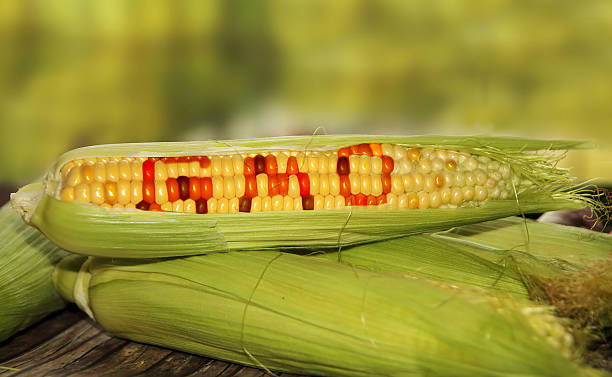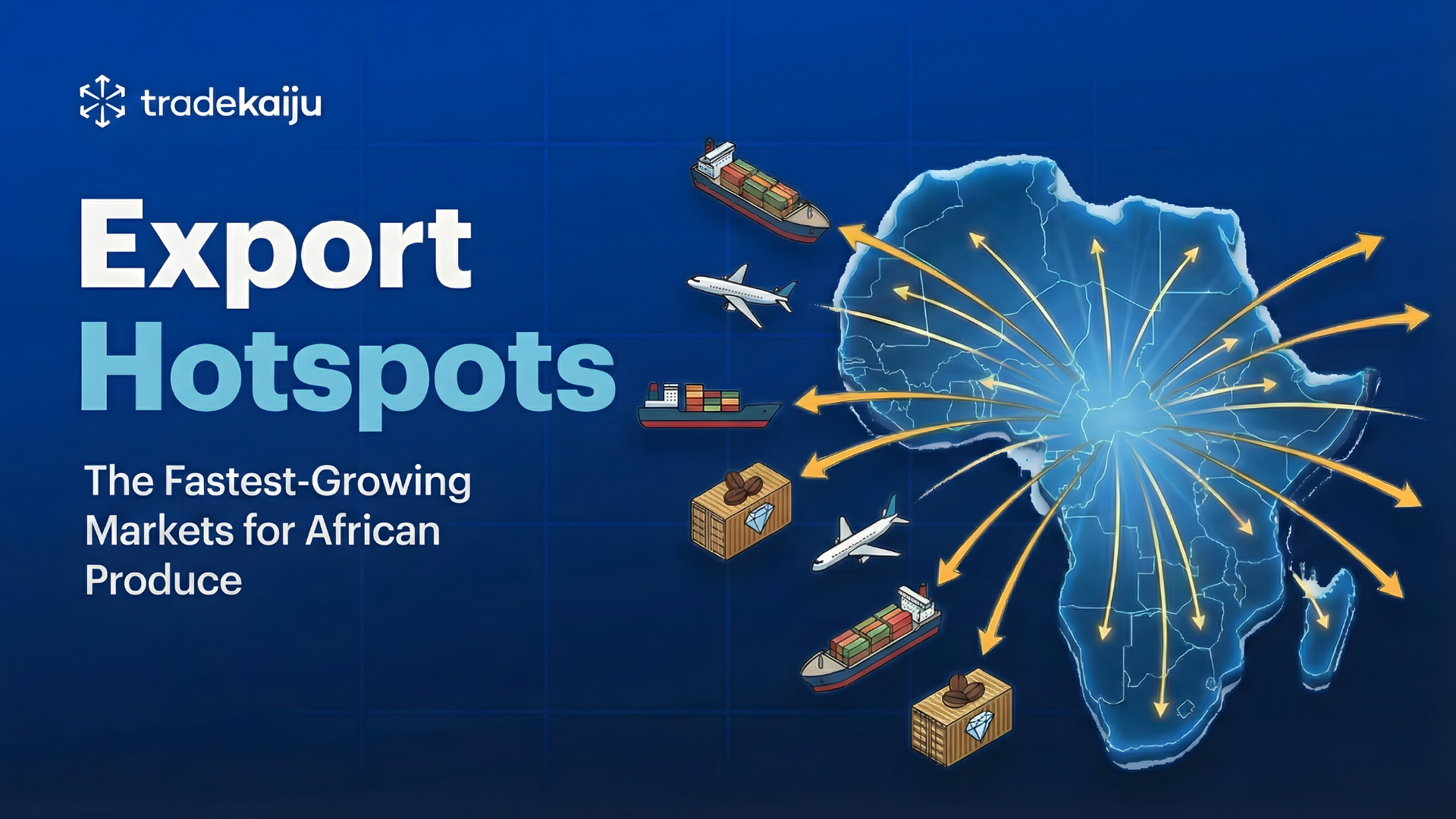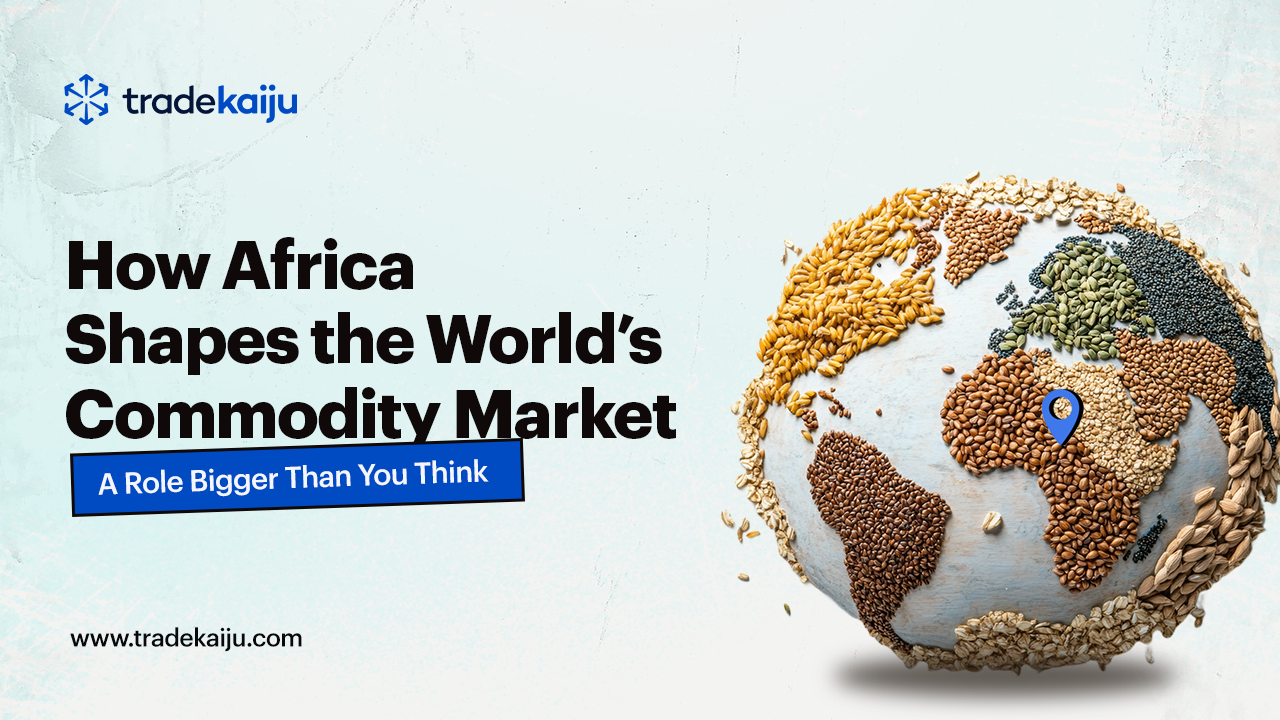All You Need to Know About GMOs: A Guide for Agro-Traders
Date Posted: 2025-01-06 09:27:36

The agricultural world is evolving rapidly, and one of the most talked-about advancements is Genetically Modified Organisms (GMOs). While GMOs are often debated, they are an integral part of modern farming and global trade. For agro-traders, understanding GMOs is essential for making informed decisions in the marketplace.
What Are GMOs?
Genetically Modified Organisms are plants, animals, or microorganisms whose genetic material has been altered using genetic engineering techniques. This modification is often done to enhance certain traits, such as resistance to pests, enhanced nutritional content, improved yield, or tolerance to harsh weather conditions.
In agriculture, GMOs primarily focus on crops like corn, soybeans, cotton, and canola, though their use is expanding to other crops like rice and wheat.
Benefits of GMOs in Agriculture
1. Higher Crop Yields
GMOs are designed to maximize productivity, helping farmers grow more food on less land. This can be particularly beneficial for regions with limited arable land.
2. Pest and Disease Resistance
Crops engineered to resist pests and diseases reduce the need for chemical pesticides, lowering farming costs and minimizing environmental impact.
3. Drought Tolerance
In regions prone to water scarcity, drought-tolerant GMO crops help ensure food security by thriving in less-than-ideal conditions.
4. Improved Nutritional Content
Some GMOs are fortified with vitamins and minerals, addressing malnutrition in areas with limited access to diverse foods.
Global Market Insights on GMOs
Widespread Adoption
Countries like the United States, Brazil, and Argentina are among the largest producers of GMO crops. These nations export significant quantities of soybeans, corn, and cotton to the global market.Regulatory Differences
Different regions have varying regulations for GMOs. For instance, while North America is open to GMO adoption, the European Union enforces stricter regulations, which could influence trading opportunities.Consumer Preferences
In some markets, consumers demand GMO-free or organic products, while in others, GMOs are seen as a practical solution to food security. As an agro-trader, understanding consumer trends in your target markets is vital.
Concerns and Controversies
1. Health and Safety
Critics often raise concerns about the potential health effects of consuming GMOs. However, major scientific organizations, including the World Health Organization (WHO), have declared GMOs safe for consumption when properly regulated.
2. Environmental Impact
While GMOs can reduce the use of pesticides, their long-term effects on biodiversity and ecosystems remain a topic of debate.
3. Market Restrictions
Some countries have strict regulations or bans on GMOs, which can affect trade. For agro-traders, understanding the regulations in your target market is critical.
For agro-traders, GMOs represent both opportunities and challenges. Here’s what you need to know:
Market Demand: Some markets actively seek GMO products for their efficiency, while others prefer non-GMO or organic alternatives.
Labeling Requirements: Many countries require GMO products to be clearly labeled. Staying compliant with these regulations is key to avoiding trade issues.
Cost and Supply: GMO crops often have higher upfront costs due to licensing fees, but their increased yields can lead to better profitability over time.
At Tradekaiju, we understand the complexities of agro-trade, including the growing demand for both GMO and non-GMO products. Whether you’re sourcing genetically modified crops or catering to a market that prioritizes non-GMO goods, our platform connects you with trusted suppliers and buyers worldwide.
Our mission is to simplify the trading process by providing access to quality products, up-to-date market insights, and compliance resources.
In conclusion, the global agricultural landscape is shifting, and GMOs are playing a pivotal role in feeding the world’s growing population. For agro-traders, embracing this innovation while staying informed about market preferences and regulations is the key to thriving in this dynamic industry.
Similar Blog Posts

In today’s fast-moving trade environment, guessing is no longer a strategy. Gone are the days when traders relied sole

Africa’s agricultural sector is on the rise, and so is global demand for its produce. As the continent continues to bu

Africa isn’t just a participant in the global commodity market, it’s a driver. The continent holds: 30% of the worl